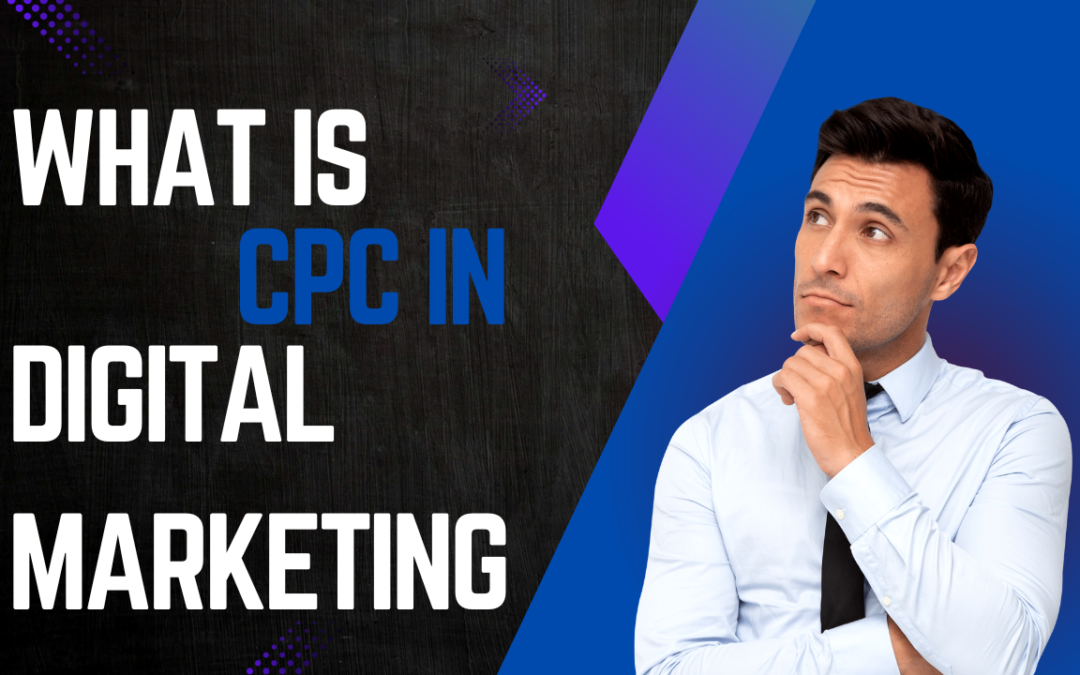In the ever-evolving world of digital marketing, understanding key metrics is crucial for optimizing campaigns. One such metric is CPC, or Cost Per Click. In this blog, we’ll explore what CPC in digital marketing means, its significance, and how it plays a pivotal role in your advertising strategy.
Meaning of CPC in Digital Marketing
CPC, or Cost Per Click, is a digital advertising model where advertisers pay a fee each time a user clicks on their ad. This model is commonly used in platforms like Google Ads and social media networks. By focusing on CPC in digital marketing, businesses can track the effectiveness of their ad campaigns and optimize their spending for better returns.
CPC Marketing
CPC marketing refers to the strategies and techniques involved in managing CPC-based ad campaigns. Advertisers set a bid for how much they’re willing to pay for each click. The goal is to attract high-quality traffic that can convert into leads or sales. Effective CPC marketing requires a thorough understanding of target audiences, competitive analysis, and keyword optimization.
CPC Formula in Digital Marketing
To calculate CPC, you can use the following formula:
CPC=Total Cost of AdsTotal Clicks\text{CPC} = \frac{\text{Total Cost of Ads}}{\text{Total Clicks}}CPC=Total ClicksTotal Cost of Ads
For example, if you spend $200 on an ad campaign and receive 100 clicks, your CPC would be:
CPC=200100=2\text{CPC} = \frac{200}{100} = 2CPC=100200=2
This means you are paying $2 for each click on your ad. Understanding this formula helps advertisers assess the cost-effectiveness of their campaigns.
What is CPC in SEO?
While CPC is primarily associated with paid advertising, it’s essential to understand its relationship with SEO (Search Engine Optimization). CPC in SEO is less about paid clicks and more about the value of organic traffic. By optimizing your website for search engines, you can potentially lower your CPC in digital marketing by driving more organic traffic, which does not incur a direct cost per click.
Benefits of Monitoring CPC in Digital Marketing
- Budget Management: Keeping track of your CPC allows you to manage your advertising budget effectively, ensuring you’re not overspending.
- Performance Tracking: A lower CPC indicates that your ads are performing well, providing a good return on investment (ROI).
- Competitive Analysis: Understanding CPC can help you assess your position relative to competitors, allowing you to adjust bids and strategies accordingly.
Conclusion
CPC in digital marketing is a critical metric that can significantly impact your advertising strategy. You can enhance your digital marketing efforts by understanding the meaning of CPC, employing effective CPC marketing strategies, and calculating your CPC accurately. Additionally, recognizing the relationship between CPC and SEO can lead to a more integrated approach to driving traffic to your website. Contact us for the digital marketing service or with any queries related to it.
learn about Seo and its function

